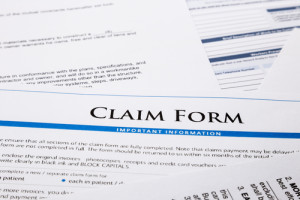 The most common types of claims are those made against the insured and sent to the insurance company for payment. These “claims made” are time sensitive in nature and require prompt reporting. In addition to obtaining an Employment Practices Liability Insurance Program, these considerations should be made the next time a claim is filed against your clients’ company.
The most common types of claims are those made against the insured and sent to the insurance company for payment. These “claims made” are time sensitive in nature and require prompt reporting. In addition to obtaining an Employment Practices Liability Insurance Program, these considerations should be made the next time a claim is filed against your clients’ company.
According to Lexology, “Claims made” insurance triggers coverage when the claim is made against the insured and reported to the insurer; contrarily, “occurrence” coverage triggers coverage at the time of the occurrence, which may be years before the claim is asserted against the insured. “Claims made” is generally more affordable because the exposure for risks is limited in time.
Reporting these incidents is critical. It is common practice for an employer to acknowledge the claim of harassment or discrimination with the appropriate agency in addition to their insurance carrier. While some employers might wish to forego the notification process in order to reduce an increase in premium the following year, not reporting these incidents can lead to refusal of payment by the insurance company.
For example, if a formal written complaint letter was filed administratively, yet the employer failed to notify the insurance company as per the agreement of what constitutes a claim, the insurer can refute the damages.
According to Lexology, the common fact pattern illustrates the care that should be taken by all employers who have EPLI policies whenever an employee claim is made that might possibly be covered under the insurance policies.
In addition to bringing you the latest news from the insurance industry, PL Risk provides Resources for Agents and Brokers nationwide. We’ve recently implemented Hiscox Now, which allows agents their own access to Hiscox and instant quoting. To learn more about our operations, contact us today at (855) 403-5982.